Deep Vein Thrombosis (DVT) is a serious condition that occurs when a blood clot forms in a deep vein, typically in the legs. Prompt diagnosis and treatment are crucial to prevent complications such as pulmonary embolism. However, the journey to recovery from DVT doesn't end with initial treatment. Follow-up procedures[…]
Pulmonary embolism (PE) is a serious medical condition that occurs when a blood clot, usually formed in the deep veins of the legs or pelvis, travels to the lungs and blocks the pulmonary arteries.
For those struggling with the discomfort and unsightly appearance of large, bulging varicose veins, relief is within reach. The Vein Institute of New Jersey offers an accessible and nearly painless solution known as microphlebectomy.
May-Thurner Syndrome is a condition that impacts blood flow and occurs when the right iliac artery compresses the left iliac artery. According to medical research, it affects 14-32% of the general population. Despite the high prevalence, it can remain clinically silent in most patients and is quite challenging to[…]
Poor circulation is much more than feeling cold most of the time. Or, an issue that may lead to numbness or tingling in your extremities. In many cases, it can have a substantial impact on your overall health and well-being. In fact, in some cases, poor circulation may even have an impact on your mental health.
Peripheral arterial disease (PAD) can be asymptomatic or be severe enough to make walking or moving your arms or legs difficult. It can even prevent wounds or ulcers from healing appropriately. PAD is caused by plaque buildup in the arteries that carry blood to your legs and feet, restricting blood flow.


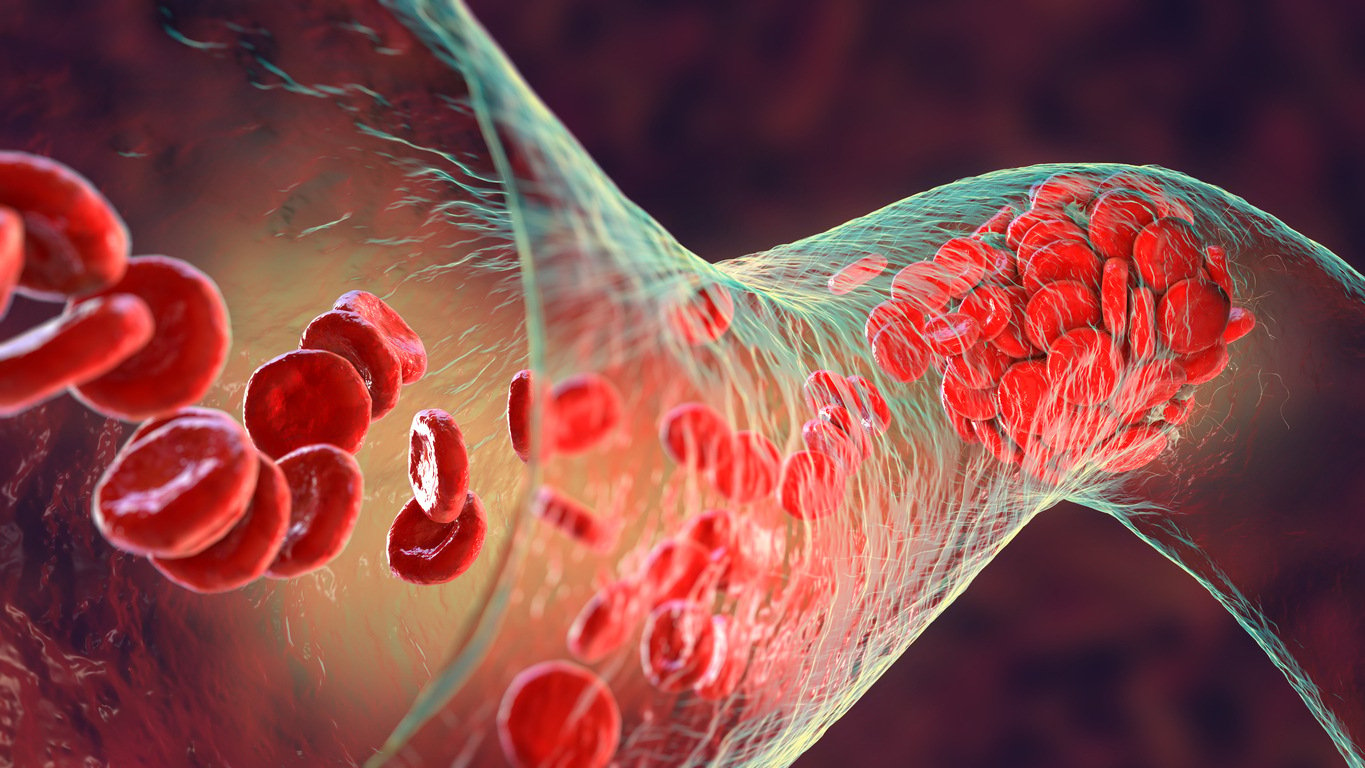
.jpg)
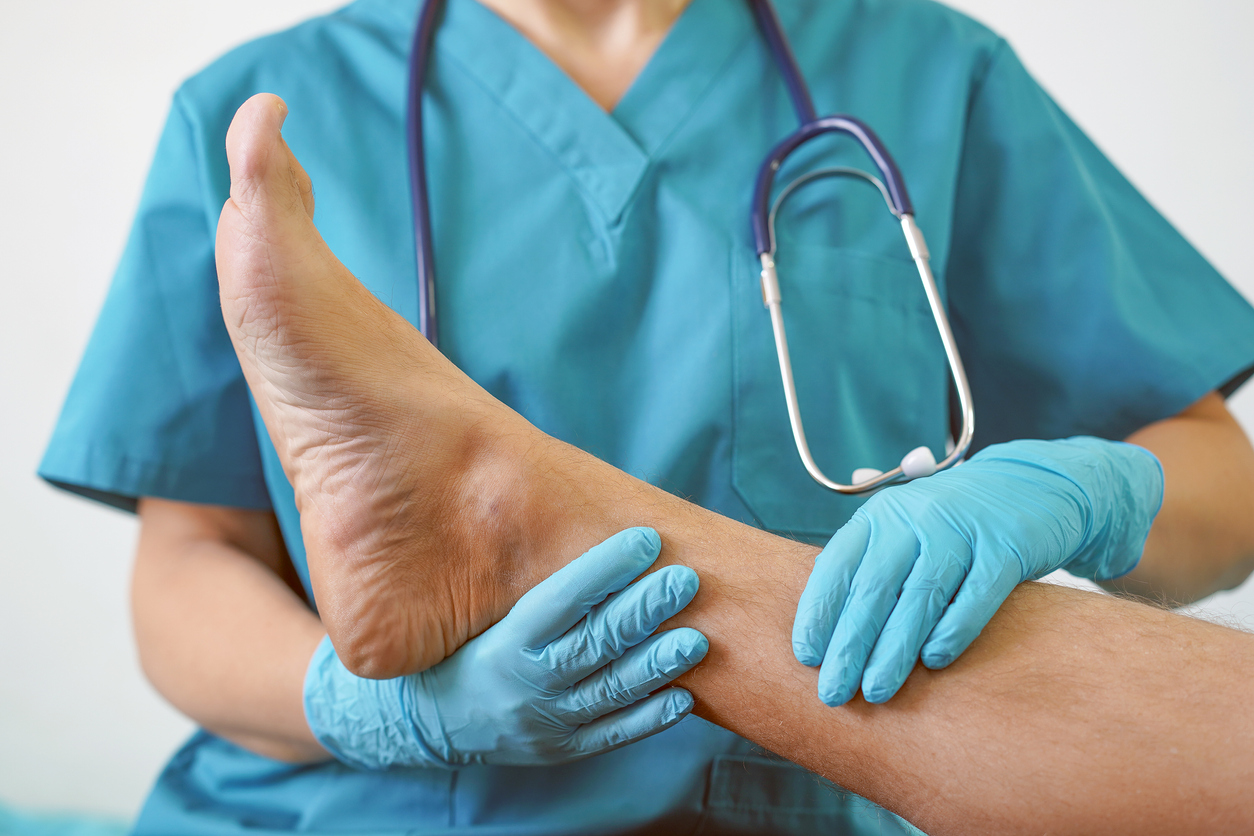
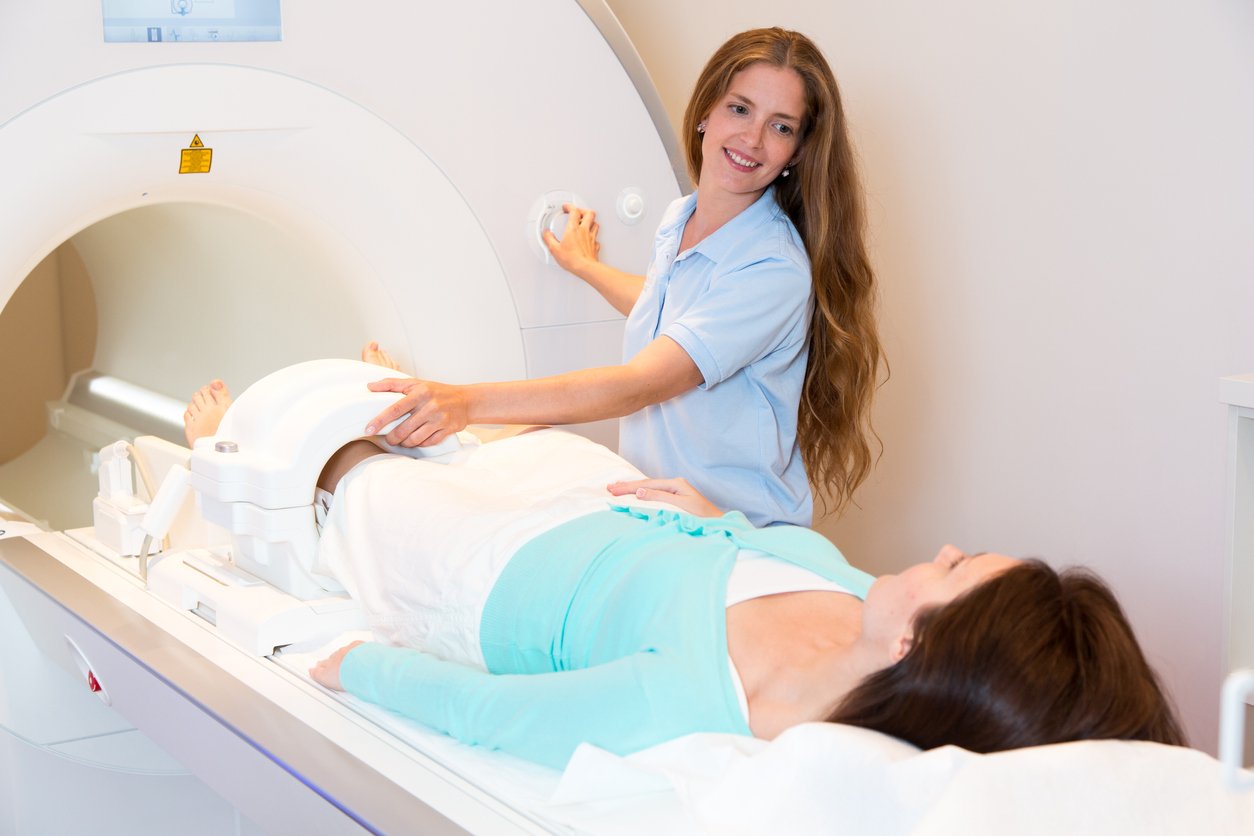

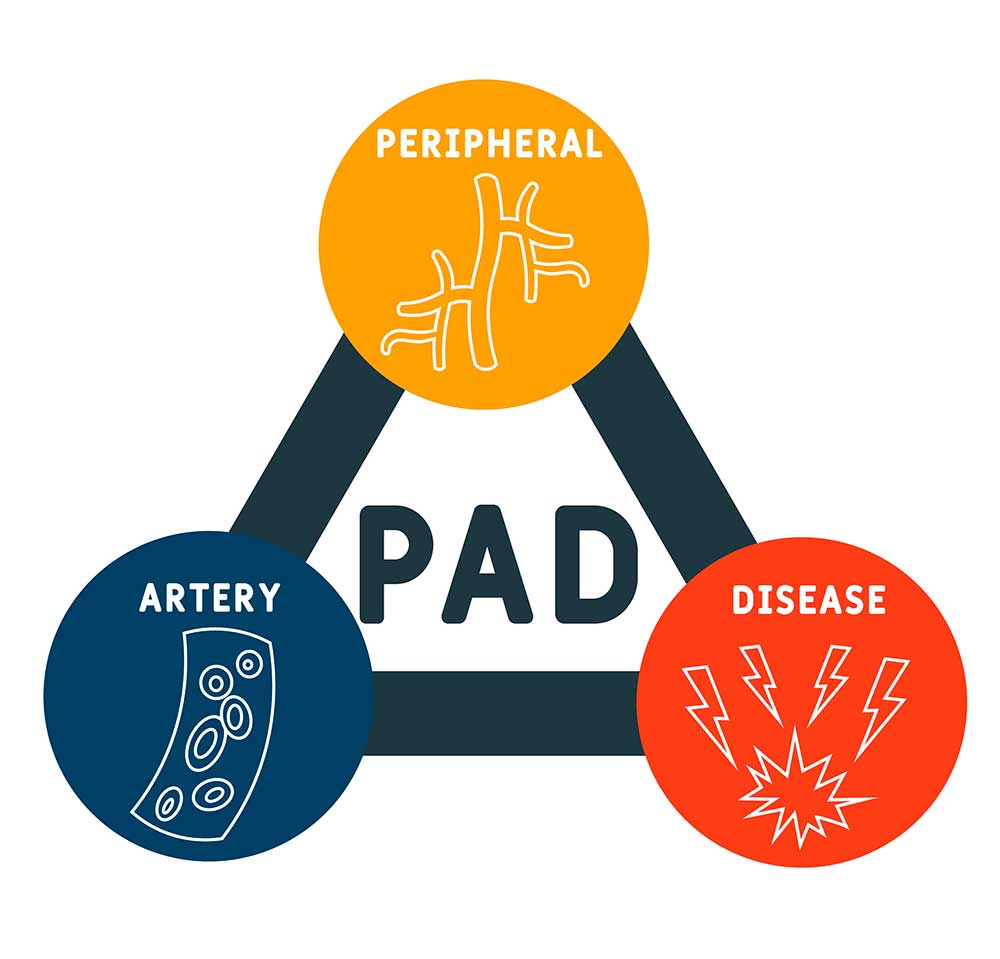




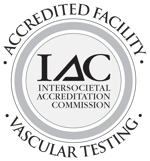
.jpg?width=944&name=Castle-Connolly-Top-Doctors-Emblem-Large%20(4).jpg)